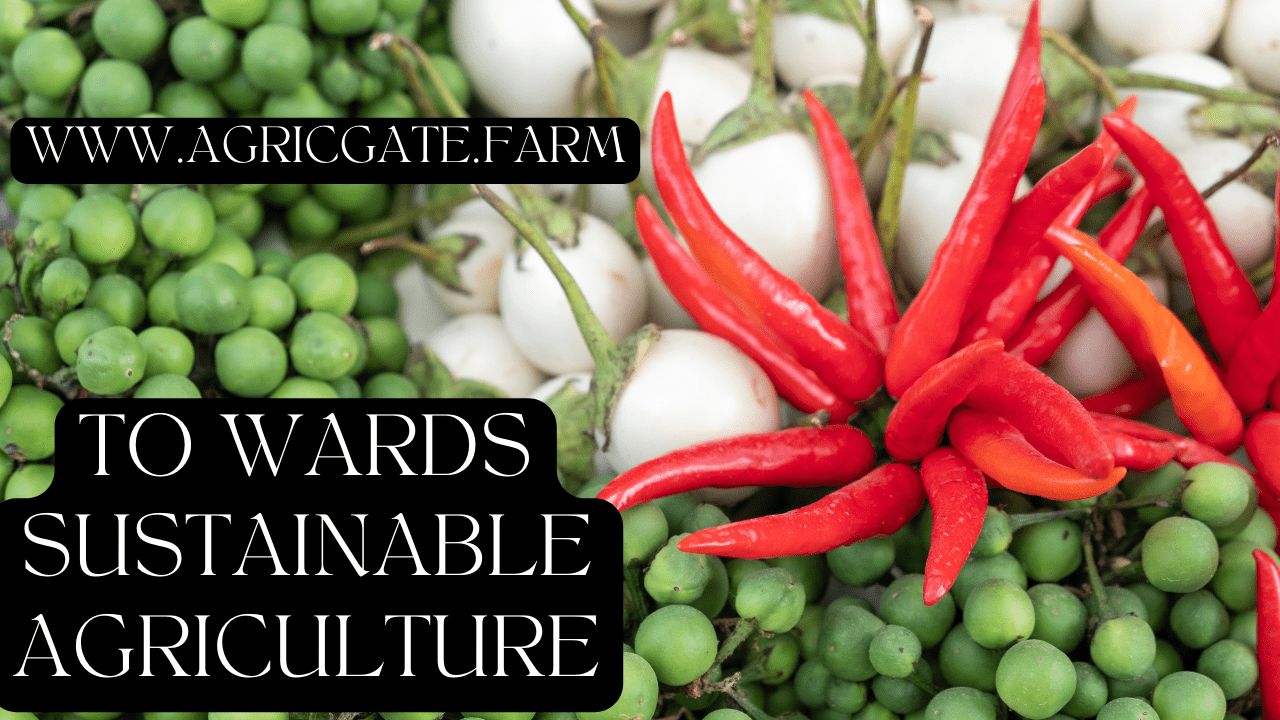Rabbit Farming in Ghana.
In recent years, rabbit farming has gained significant traction in Ghana as a low-cost, high-return agribusiness venture. With rising demand for lean protein and sustainable farming practices, rabbit production offers an excellent opportunity for individuals seeking to venture into animal husbandry without the heavy financial and spatial demands of traditional livestock.
Why Rabbit Farming?
Rabbits are fast-growing animals that reproduce rapidly, making them ideal for commercial farming. A single female rabbit (doe) can give birth to 6–10 kits per litter and breed up to seven times a year. This makes rabbit farming a highly scalable enterprise that can be started on a small plot with minimal investment.
Additionally, rabbits require less feed, space, and water compared to poultry or goats, and their meat is low in cholesterol, making it a healthier protein alternative.
The dung from rabbits is also a highly effective organic fertiliser that enhances soil fertility for crops.
Getting Started.
To begin rabbit farming in Ghana, here are a few essentials:
- Housing: Build hutches that are well-ventilated, clean, and predator-proof.
- Breed Selection: Choose from common breeds such as New Zealand White, California White, and Chinchilla.
- Feeding: Provide a balanced diet of pellets, vegetables, and clean water.
- Health Management: Maintain hygiene, vaccinate regularly, and avoid overpopulation in hutches.
Market Opportunities in Ghana
Rabbit meat is becoming increasingly popular in Ghana, especially among health-conscious consumers. Moreover, rabbits can be sold live, processed, or even as pets. Hotels, restaurants, and local markets are opening up to rabbit meat as a niche delicacy, and Agritech platforms like AgricGate.farm help farmers connect with buyers, access training, and scale their operations.
Training and Support.
AgricGate offers video-based courses and tutorials tailored to beginner and intermediate rabbit farmers. These materials, available in local languages, cover:
- Housing construction
- Breeding and weaning
- Feeding and nutrition
- Disease control and management
- Marketing and business planning
With the support of platforms like AgricGate, anyone, from unemployed youth to retired workers, can build a viable and sustainable rabbit farming business from the comfort of their home or backyard.
Conclusion:
Rabbit farming is more than just a profitable venture—it's a sustainable agricultural model with the potential to address food security and youth unemployment in Ghana.
As the country pushes toward agricultural innovation and self-reliance, rabbit farming stands as a beacon of opportunity for those willing to learn and invest time in the future of agriculture.
📢 Ready to start your rabbit farming journey? Visit www.agricgate.farm to access free training and market insights today!









